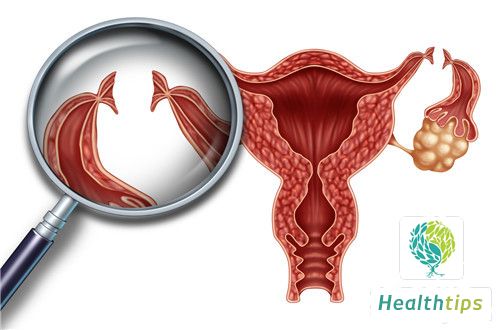What Medications Are Recommended for Gouty Arthritis?
Gout is a disease that poses a significant threat to physical health. If gout is not treated promptly and dietary habits are not taken into consideration, long-term complications may arise. Gouty arthritis is particularly common in daily life and is often associated with poor dietary habits. Frequent consumption of high-purine foods or regular alcohol consumption and exposure to cold temperatures can trigger gouty arthritis. Active treatment is essential for gouty arthritis.

(1) Non-steroidal anti-inflammatory drugs (NSAIDs) are the preferred analgesics for gouty arthritis. There are various types of NSAIDs available, such as meloxicam, and it is important to discontinue their use promptly after symptom relief.
(2) Colchicine, while effective, has significant toxicity and side effects. It is recommended to use it with caution and in small doses, especially when other anti-inflammatory treatments are ineffective. It is important to monitor for adverse reactions and discontinue use promptly if symptoms improve or side effects occur.
(3) For individuals with renal insufficiency, glucocorticoids may be considered during acute attacks to alleviate symptoms. Dexamethasone intramuscular injection is one option.
During the remission phase of gouty arthritis, the main goal of medication is to maintain low blood uric acid levels to prevent recurrence. The following medications may be considered:
(1) Allopurinol can inhibit the production of uric acid and help reduce its levels. It is recommended to start with a small dose and gradually increase as needed.
(2) Benzbromarone can assist in the excretion of uric acid.
When suffering from gouty arthritis, it is important to select appropriate medications based on the different stages of the disease. It is advisable to consult a doctor for guidance to ensure safer and more effective symptom relief.



















